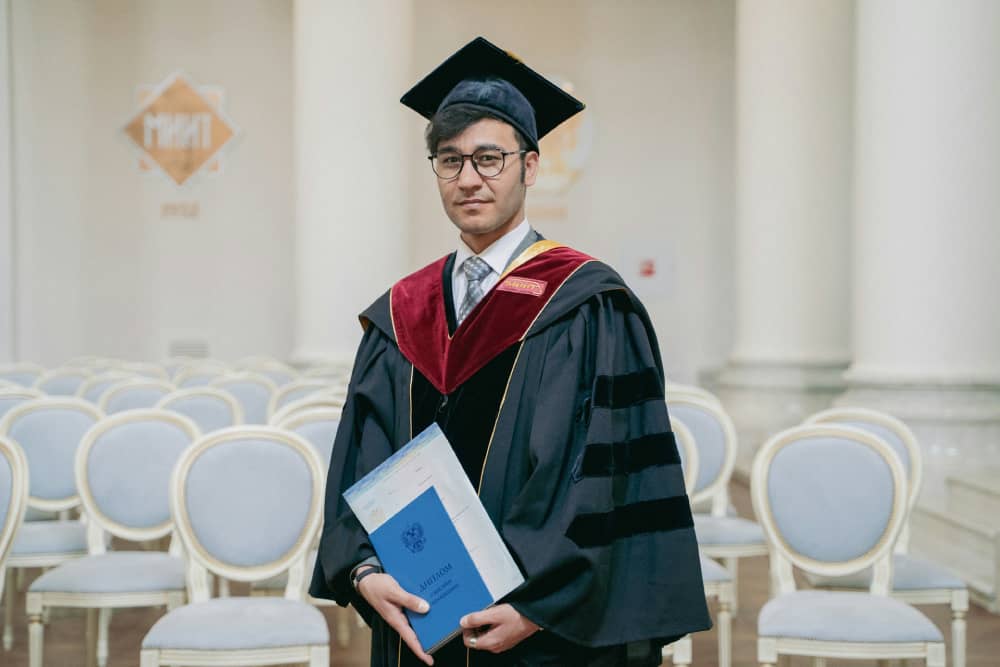
A master’s degree in special education is a valuable career step for dedicated teachers. An online master’s in special education can also unlock careers outside the classroom in research, administration, and advocacy. Here are some of the top career paths to consider.
Master’s Degrees in Educational Psychology
Several different career paths are available to those earning a master’s in special education. In addition to a teacher’s license, this graduate degree can lead to careers in administrative roles such as the program director for special education, a specialist in early intervention, or a development coordinator who organizes services for children and adults with mental, emotional, learning, or physical disabilities.
A master’s in special education can also prepare career professionals for jobs with state agencies and nonprofit organizations that provide training, services, or advocacy to individuals with disabilities. These positions typically offer higher salaries, work flexibility, and advancement options that are only sometimes available to classroom teachers.
Masters in special education online is a graduate-level degree that helps experienced educators acquire the knowledge and skills they need to meet the needs of children with unique learning differences. Many students enroll in programs to pursue teaching licensure, but this degree can lead to many rewarding and challenging career options.
Master’s Degrees in Special Education
A master’s degree in special education can equip you to work with students with different emotional, behavioral, and cognitive difficulties. For instance, most programs at William Paterson University offer field experience opportunities, including student teaching and internships. However, a master’s in special education also opens doors to other jobs outside the classroom, such as working for state agencies or nonprofit organizations. Some graduates even go on to careers in administration, often paying higher salaries.
Some schools offer two fully online graduate degrees in special education, one for teachers and the other for professionals who want to learn about diverse learning needs. The graduate program for educators is designed to help certified teachers advance in their careers while juggling work and family obligations. The program for professionals focuses on putting research into practice, with concentrations in ABA, autism, and intellectual disabilities. Students can also customize their courses to match their career goals. Upon graduation, students are prepared to take the state licensure exam.
Master’s Degrees in Educational Leadership
Many people who consider a master’s degree in special education assume that it will help them become teachers. While teaching is a significant way graduates can use their degrees to make an impact, it opens doors to numerous career paths and opportunities in various industries. For example, some graduates pursue roles as directors of special programs in schools. Often, these professionals have years of teaching experience and can handle the planning, organization, and administration that go into running a school’s special services program.
Some also work in higher education, providing leadership to undergraduate and graduate students as adjunct professors. This is especially popular among educators who want to continue making a difference in education and the lives of special needs children but want to take their professional skills out of the classroom. They can teach at community colleges, four-year universities, and other educational institutions. They may also serve as consultants to other organizations, such as government agencies and nonprofits.
Master’s Degrees in Educational Technology
When most people think of earning a Master’s in Special Education, they envision becoming a teacher. While this remains a viable option and the primary use of an advanced degree in special education, there are many other career paths and opportunities for those who earn their master’s in education. Outside the school, they can become case managers for children and adults who receive services through family assistance programs, government agencies, or nonprofit organizations. They can also become developmental specialists and coordinate services for those who need help with rehabilitation, therapy, or daily living activities.
Students who pursue an online graduate degree in special education can also find jobs at colleges and universities, where they may teach courses on various topics related to special education. They can also become consultants or researchers, advocating for the rights of individuals with disabilities in multiple settings. They may also find positions in the private sector where they can help design or develop assistive technology for individuals with physical or cognitive challenges.







